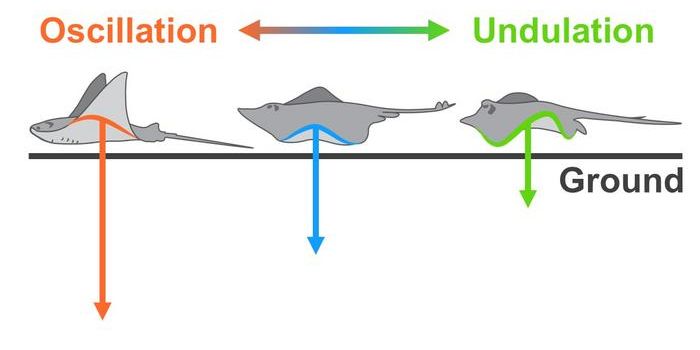Are we on track for carbon capture goals?
Carbon capture and storage (CCS) refers to the idea of capturing waste carbon dioxide from large point sources like power plants and transporting it to an underground storage site where it will not enter the atmosphere. This process has been one of the key interventions proposed by the Intergovernmental Panel on Climate Change's (IPCC) reports on how to keep global warming to less than 2°C above pre-industrial levels by 2100.
But are we on track to meet CCS goals? An analysis from Imperial College London reports that we are, in fact, on the right path to meet targets for climate change mitigation scenarios. The study was published recently in Energy & Environmental Science.
The research was led by Dr. Christopher Zahasky at Imperial's Department of Earth Science and Engineering, who is now an assistant professor at the University of Wisconsin-Madison. Dr. Zahasky stated: "Nearly all IPCC pathways to limit warming to 2°C require tens of gigatons of CO2 stored per year by mid-century. However, until now, we didn't know if these targets were achievable given historic data, or how these targets related to subsurface storage space requirements.
"We found that even the most ambitious scenarios are unlikely to need more than 2,700 Gt of CO2 storage resources globally, much less than the 10,000 Gt of storage resource that leading reports suggest is possible. Our study shows that if climate change targets are not met by 2100, it won't be for a lack of carbon capture and storage space."
CCS is only one of the interventions that will be necessary to meet climate goals established by the Paris agreement. Other interventions include renewable energy, energy efficiency, and electrification of the transportation sector.
The study reports that there has been an 8.6% growth in CCS capacity over the past 20 years; this, combined with their calculations that the maximum storage space needed is only around 2,700 Gt, put on the right trajectory.
Co-author Dr. Samuel Krevor said: "Our analysis shows good news for CCS if we keep up with this trajectory -- but there are many other factors in mitigating climate change and its catastrophic effects, like using cleaner energy and transport as well as significantly increasing the efficiency of energy use."
Sources: Energy & Environmental Science, Science Daily









